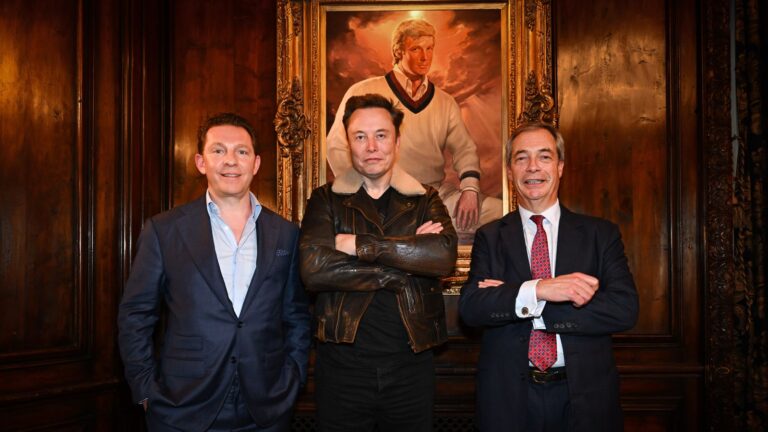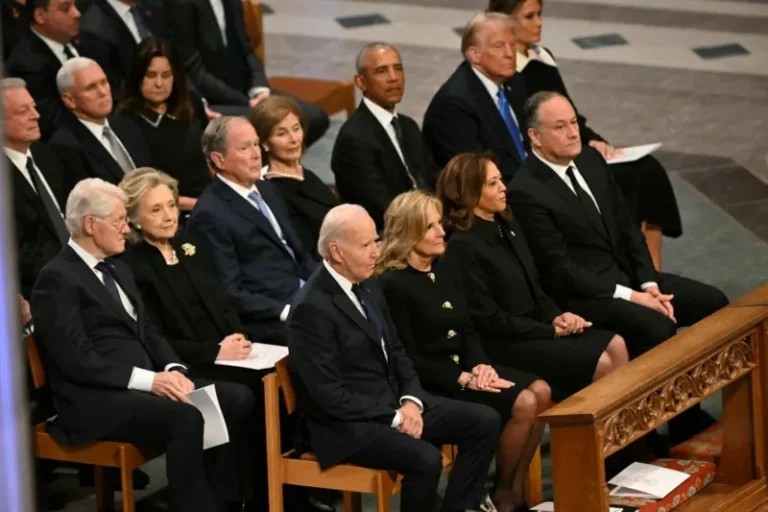

Kemi Badenoch, the new Conservative leader, has criticized Sir Keir Starmer for mocking her comments about working at McDonald’s, suggesting that a Conservative making the same joke would face accusations of racism and calls for resignation.
The controversy stems from remarks Starmer made during a speech at Pinewood Studios, where he quipped:
“The leader of the Opposition thinks if you do a couple of shifts in McDonald’s, you become working class. By that logic, if I keep coming back here, I could yet be the next James Bond.”
The joke referred to Badenoch’s past comments about her time working at McDonald’s as a teenager. While discussing her middle-class upbringing, Badenoch has previously said that working at McDonald’s at age 16 taught her humility and gave her insight into working-class life. She shared experiences like cleaning toilets and flipping burgers as a formative part of her understanding of life beyond her background.
Responding to Starmer’s comments, Badenoch accused him of hypocrisy, saying:
“The truth is the left only seem to care about ethnic minorities when it suits their political battles against the right. If I were a left-wing activist, he would never have dared to make that joke. And if a Conservative prime minister had made similar remarks about a black party leader, they would have been branded racist and told to resign.”
Her remarks reflect her belief in a double standard in how political jokes and criticisms are interpreted based on party affiliation.
When asked for a response, the prime minister’s spokesperson declined to comment on Badenoch’s claims.
Badenoch’s reference to her time at McDonald’s has been a consistent part of her narrative, both during her campaign for Tory leadership and as part of her broader message about class and opportunity. She has described the job as her first real exposure to people from different socioeconomic backgrounds, adding that it taught her important lessons about life and work.
The exchange highlights the ongoing tension between the Conservative and Labour parties on issues of race, class, and fairness in political discourse.







